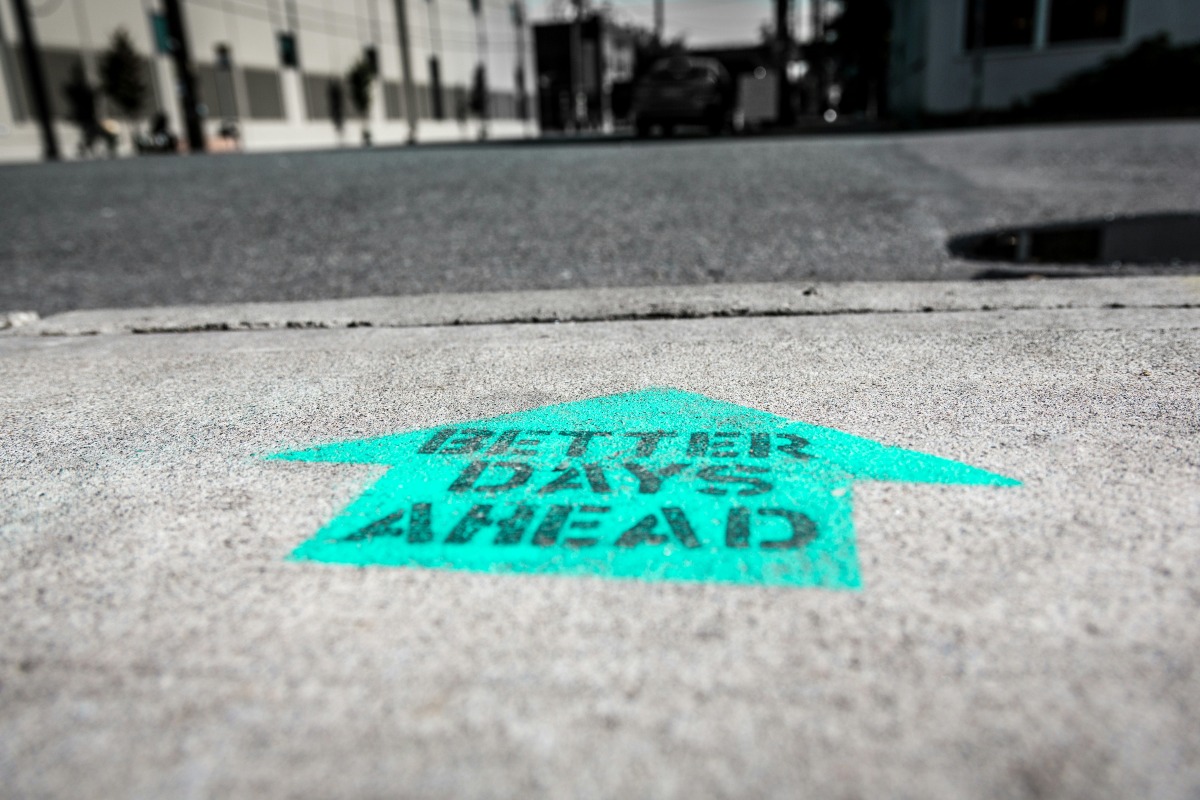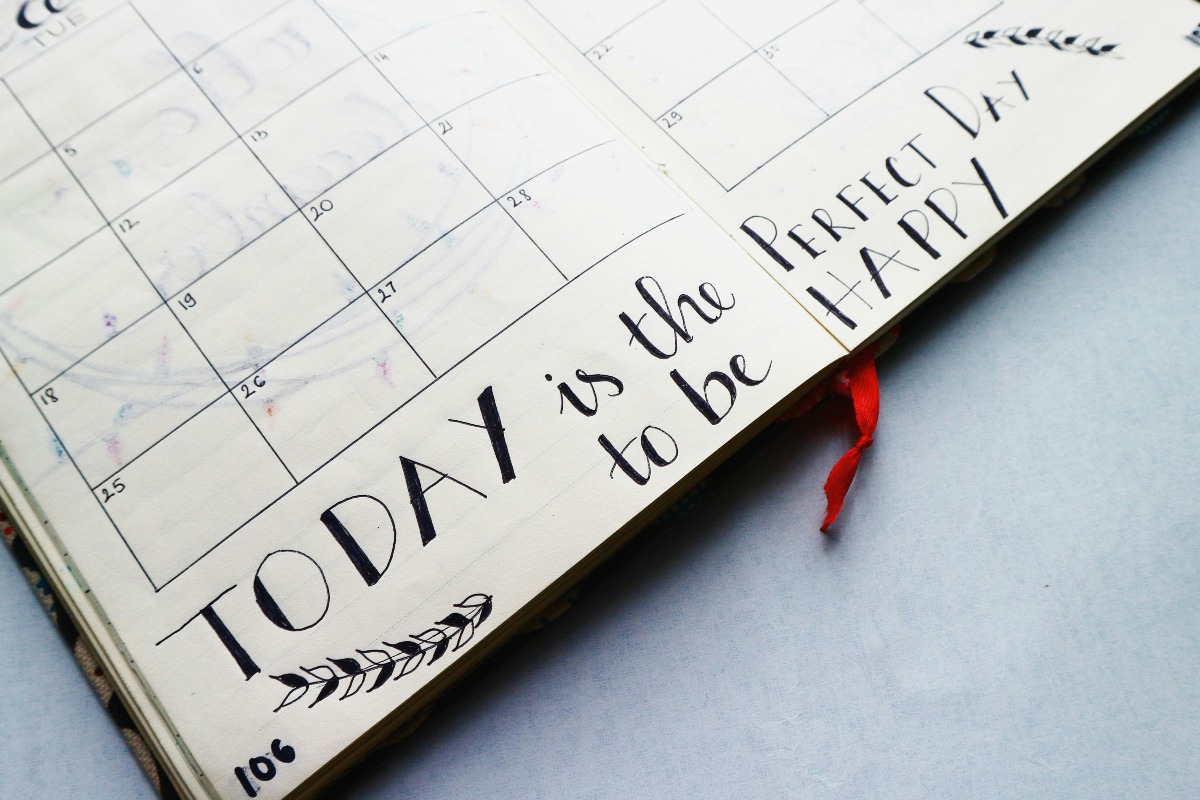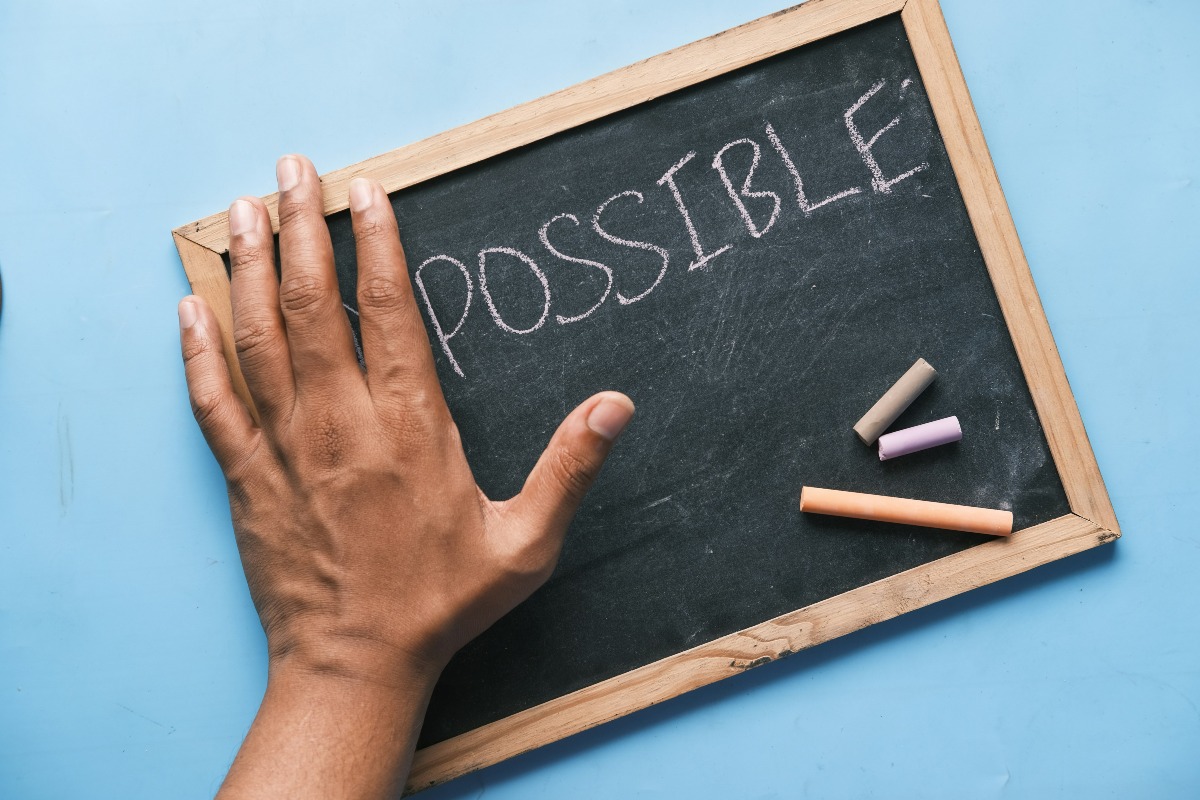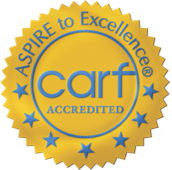Addiction to alcohol, heroin, opioids, benzodiazepines, marijuana, or any other kind of drug has profound effects on daily life. Not only do these substances have many negative effects on a person’s daily life and physical well-being but they can also intensely affect a person’s mental and spiritual health as well. Exploring holistic opportunities that address the whole self is necessary for a truly effective approach to treatment and sobriety. Blending proven therapeutic practices with new experiences and experiential therapies can be a transformational part of a comprehensive healing journey overcoming addiction while empowering each person for a sustainable sober life.
The Effects of Addiction on Daily Life
Addiction has many profound effects, and there is nobody immune to the disease. Identifying the effects of addiction in daily life can empower each person or their loved ones to identify the effects of addiction and take the first step to pursue effective treatment.
The Impact of Addiction on Mental Health
Each person will experience addiction and its effects differently. However, there are some shared experiences or challenges that those living with addiction may have to confront, with many benefitting from professional mental health support. The impact of addiction on mental health can be profound, bringing feelings of depression, anxiety, panic, and much more. For some, these feelings may have informed the use of drugs or alcohol to begin with, while others may begin to feel them manifesting regularly or at new intensities following their use of addictive substances.
These mental health needs can fundamentally affect daily life, not only impacting daily routines and responsibilities but also adding intense amounts of stress that can even further already prevalent urges and cravings.
Compromised Daily Routine
Others may have regular routines disrupted. For some, this can manifest as difficulty tending to professional responsibilities. Frequently calling out or being late to work, as well as a compromised performance in the workplace is common. With others, household responsibilities can become compromised. These challenges can be further exacerbated by a compromised sleep schedule, making it difficult to stick to a single consistent routine.
Hygiene routines, sleep schedules, responsibilities, and more are all parts of a person’s daily life that can be compromised as a result of addiction. Persistent use of drugs or alcohol and associated hangovers can make it difficult to maintain a consistent, effective daily schedule. Increased frequency of use can also take up more and more time of a person’s day, further disrupting routines. Others may experience a lack of motivation, energy, or willingness to tend to daily routines as a result of addiction.
Feelings of Isolation
Isolation is one of the most difficult feelings to overcome and can be incredibly common among those living with addiction of any kind. For some, this isolation can be physical as a person may adopt a more secretive or isolated lifestyle. An individual may no longer pursue social outlets or may avoid even established relationships and social opportunities, especially if addictive substances are not present or accepted. Others may feel emotionally isolated due to assumptions that friends and loved ones would not understand the daily challenges they face. These feelings of isolation can all further impact a person’s mental health and emotional well-being, causing feelings of depression, anger, and more.
With compromised mental health, routine, and profound feelings of isolation, it can be easy to feel “trapped” in a cycle of substance use. A person may use drugs or alcohol to address feelings of depression or anxiety, then experience further depression and anxiety as a result of substance use itself. Breaking through this cycle of use is necessary to acknowledge and challenge the effects of addiction. Experiential therapies are one method of creating a new routine and introducing new perspectives for effective healing that can help break this cycle.
Embracing Experiential Therapies at Hawaii Island Recovery
There is no “one-size-fits-all” approach to effective and sustainable healing from addiction. Hawaii Island Recovery embraces a personalized approach to each person and their journey. Experiential therapies are a large part of this process, not only providing unique opportunities that can customize each person’s recovery experiences but also introducing many benefits and healing opportunities for those building their new sober lives. Many different experiential therapies can be utilized throughout each person’s time at the facility, ranging from nature-based opportunities to community engagement and oceanic healing opportunities.
Talking with the professionals at our rehab centers in Hawaii can empower each person to explore the potential experiential therapies offered and personalize their treatment plan to incorporate the exercises and experiential therapies that may best support each person’s unique recovery goals. Some of the experiential therapies offered include:
- Nature-based hiking opportunities through the Hawaiian rainforest
- Outdoor yoga and meditation
- Oceanic healing opportunities, such as swimming with dolphins
- Snorkeling
- Agricultural opportunities such as planting Indigenous trees on Hawaiian land
Outdoor mindfulness practices, walking on the beach, and more are all further explored with each individual, creating a unique set of experiences to empower each person to challenge the effects of addiction in a way that best benefits their recovery goals. Hawaii Island Recovery also works with local culturally competent organizations and people to further these unique experiences and give a truly Hawaiian recovery experience, embracing the spirit of aloha that permeates both Hawaii Island Recovery and the larger Hawaiian community.
The Benefits of Experiential Therapies in Recovery
New experiences can have a plethora of benefits. However, it can still be difficult for many to open themselves up to their transformative potential. Understanding the intentions behind experiential therapy while in recovery can help each person to be more receptive to their potentially transformative effects.
Breaking Routine
Those living with addiction can feel stuck in their challenges, with each day seeming to bleed into the next. Despite an inconsistent daily routine, an individual can still feel trapped in a cycle of substance use, mental health needs, stress, and more, with few opportunities to break through such challenges. Experiential therapies are unique in that they can directly introduce new, positive experiences into daily life. For some, this can help break through intense feelings of entrapment that can be necessary to mentally and emotionally open up to new opportunities for change.
Improved Resilience
Experiential therapies also incorporate new ideas and perspectives that can empower each person to strengthen their resilience to stress and more effectively navigate many challenges common throughout the recovery journey. Stress reduction, mindfulness practices and elements, and more can all help improve resilience. Even using experiential therapies to get outside and experience nature and fresh air can improve each person’s resilience while navigating the challenges of addiction recovery.
Challenging Isolation With Experiential Therapies
Breaking through feelings of isolation is incredibly difficult, but also important for sustainable healing. Engaging in new experiences alongside peers and professionals can help to challenge feelings of isolation through sharing new perspectives, experiences, and potential hobbies. Hiking alongside peers can foster a sense of community while engaging in Hawaiian cultural events can empower those in recovery to connect with others and feel like they are a valued part of a greater community.
Some community experiential therapies can also foster new social skills and connections that can be sustained even after the experiences have concluded, and even after treatment as a whole has ended and a person moves on to sober life outside of a treatment facility.
Engaging in Spiritual Healing
Spirituality is an important part of truly transformative healing. Hawaii Island Recovery embraces the healing spirit of the Hawaiian islands to create a unique recovery experience. Experiential therapies can help a person connect with nature and empower each person to explore their spiritual beliefs and practices through new ideas and perspectives to find a place of spiritual calm, acceptance, and belonging.
Using Experiential Therapies to Embrace New Perspectives
Experiential therapies are essential for challenging self-destructive routines and creating new ideas. However, by engaging in new experiences, each person is empowered to explore new ways of looking at things. Not only can this improve problem-solving skills and help each person further develop effective coping strategies, grounding techniques, and other new perspectives but it can also empower each person to explore the emotional impact of addiction on themselves and their loved ones by seeing things through a new lens.
Changing perspectives is a crucial skill, helping each person quell feelings of blame upon themselves or others, as well as helping to challenge feelings of isolation or anger that may be prevalent at any stage of the recovery process.
Using Experiential Therapies to Maintain Sober Change
Experiential therapies can be transformative, bringing new ideas and opportunities into daily life. However, while they can be extraordinarily effective in helping to navigate stress at the time, truly effective engagement in experiential therapies can also have lasting positive effects on a person’s continued recovery journey. While experiences like hikes and snorkeling may come to an end, these experiences are meant to have lasting effects, empowering an individual to challenge the effects of addiction and embrace a sustainable and transformed approach to daily sober life.
The Need for Sustainable Change
While a person’s time in residential treatment at Hawaii Island Recovery may come to an end, an individual transitioning to life as an alumnus will still have many challenges to overcome. Graduating from one of Hawaii Island Recovery’s dedicated inpatient treatment programs is cause for celebration, but it by no means indicates that a person is “cured” of addiction. Rather, it means an individual has adopted and internalized many necessary strategies to continue navigating their own sober life outside of the curated walls of a dedicated treatment facility.
There are still stresses ahead, from rejoining the professional workforce to repairing relationships with friends, family, and loved ones, all while managing finances and navigating the stress of daily life. However, effective engagement in experiential therapies can leave a person with new skills and ideas to continue navigating these challenges in sobriety.
Creating a Community
Transitioning to life as a sober alumnus after treatment can be complicated. Not only will each person be faced with a myriad of new stresses, but some social groups, friends, or coworkers may not have internalized the need for effective treatment and may still hold harmful ideas or stigmas surrounding words like “addiction” and “recovery.” However, experiential therapies from a person’s time in residential treatment can empower each person to explore new communities in sobriety.
For some, the social skills gained through these experiences can be a great way to connect with others. Others may use experiential therapies to explore established communities and new interests. For example, engaging in oceanic healing opportunities can birth newfound interests in the ocean or certain hobbies, such as swimming, surfing, or exploring marine wildlife. These newfound interests can help those in recovery explore a new community in sobriety based on shared interests, facilitating healthy hobbies while introducing an individual to others who share such an interest.
Continued Mindfulness Practices
Experiential therapies can also be a great introduction to mindfulness practices and their importance in daily life. Many experiences may be new, and an individual will be prompted to not just focus on whatever physical activity is occurring, whether it be hiking, yoga, swimming, and more, but also on how these experiences make them feel. This attunement to a person’s body, mind, and feelings is crucial for navigating any number of stresses outside of a treatment facility.
Mindfulness practices and exercises are essential for not just navigating stresses, urges, cravings, and more, but can also be crucial in continuing to challenge the effects of mental health disorders such as anxiety and depression. Being mindful of one’s mental and emotional health and recognizing signs of emotional disturbance can empower each person to enact practiced coping and grounding strategies, making these experiences essential building blocks for maintaining each person’s hard-earned sobriety.
Replacing Self-Destructive Behaviors
Identifying and replacing self-destructive thoughts and behaviors is a core part of every recovery journey. Embracing new experiences throughout the recovery process can provide each person with new ideas on how to replace these self-destructive behaviors with more positive ones. For some, this can be through introducing new hobbies to replace the use of drugs or alcohol.
However, others may use their experiences to develop a change in perspective that can cause an individual to replace feelings of isolation and loneliness with a feeling of belonging or a connection to nature and spiritual beliefs. Others may replace unhealthy or inconsistent daily routines with new structures, routines, and self-care outlets.
The Role of Experiential Therapies in Normalizing Change
Recovery at any stage is filled with change, from the first step a person takes into detox and throughout their time in residential treatment and in life as an alumnus. Embracing experiential therapies can help normalize change and be open to new ideas in recovery, making each person more receptive to other new experiences and ways of thinking.
For alumni, this can continue to foster a culture of change, especially when effectively combined with mindfulness practices. Being willing to make adjustments, update routines and recovery plans, and continue to explore new ideas can empower sustainable change while celebrating the development of each person’s sober identity in recovery.
Creating Sustainable Positivity
New experiences can directly challenge many negative feelings. Many of those living with addiction can feel overwhelmed by negative emotions, guilt, shame, blame, and negative memories and experiences. By engaging in new activities, an individual can begin challenging this pervasive negativity, introducing positive elements into daily life.
Learning to see things in a new light and embracing positive memories in sobriety can keep each person motivated throughout the recovery process even after graduating from a dedicated treatment program. Having good memories of the potential that sobriety can bring can challenge stress, maintain motivation, and prevent an individual from romanticizing past use of drugs or alcohol while keeping sober goals in focus. Not only can this help improve each person’s mental health and improve resilience but it can also prevent relapse at any stage in recovery.
Experiential therapies are meant to introduce new and unique aspects into daily life. However, they are never meant to be just mini-vacations, and many of these experiences will come with several challenging ideas to help an individual further their recovery goals. Recovery is hard work, and embracing experiential therapies in combination with community, education, and various other forms of therapy can empower truly holistic healing. These new experiences are also opportunities to take recovery into a person’s own hands, trying new things, setting healthy expectations, and working to achieve sober goals.
However, not all people will react in the same way to various experiences. The experiential therapies that work best for one individual may not necessarily be the best option for another. Hawaii Island Recovery celebrates the opportunity to explore unique healing options for each person.
Experiential therapies can be a great way to explore the transformative potential of treatment and empower you to create your own journey and story of success in overcoming addiction, mental health disorders, and more. At Hawaii Island Recovery, our effective rehab centers in Hawaii champion the opportunity to help you explore new experiences, perspectives, and forms of healing to create a comprehensive approach to your needs and goals in treatment. Each day with us is filled with new opportunities and experiences, all backed by a supportive community and the education of professionals. We are also prepared to help you explore the experiences that best support your goals, while further personalizing each step of your journey. Call us at (866) 390-5070.












